Benefits Of Frankincense: 14 Reasons Why You Need This In Your Life
Discover the healing power and wellness benefits of this sacred oil.
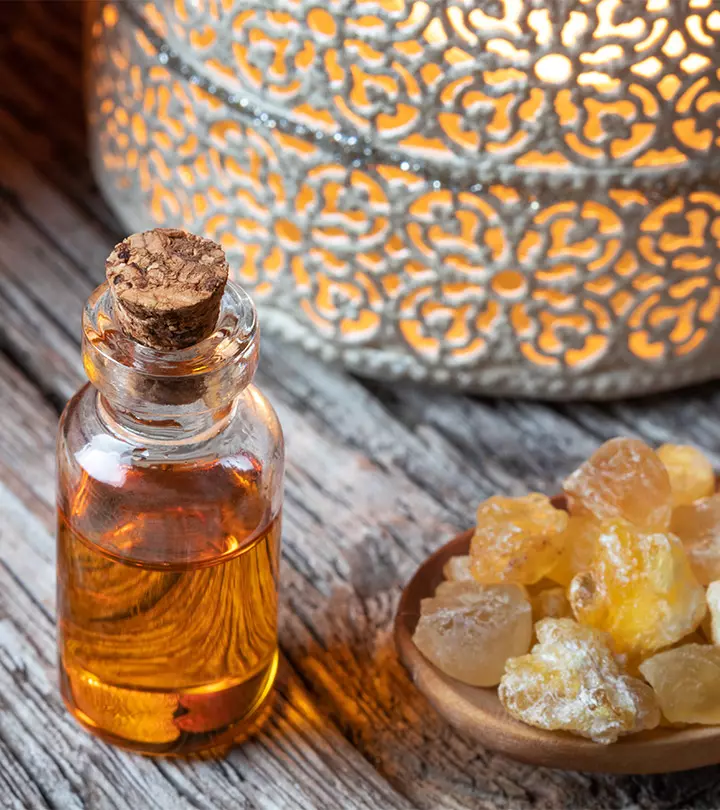
Image: Shutterstock
The use of frankincense is a long-standing tradition for many cultures. It has been used for religious ceremonies, and its medicinal properties date back thousands of years (1). There are many ways in which frankincense benefits you. It may help fight cancer, improve memory, promote smooth skin, and reduce wrinkles (2). This article provides you with an overview of frankincense, what makes it special, and any possible side effects. Keep reading.
In This Article
What Is Frankincense?
Dubbed “The King of Oils”, frankincense has been used by ancient cultures around the world for thousands of years. With its roots in Africa and the Middle East, frankincense can be found today across Asian countries as well. Coming from the Boswellia tree, this oil has been used by Ayurvedic and Chinese healers for centuries for healing chronic diseases. Western countries have used frankincense as part of their religious ceremonies (3). It is still used across cultures for its pharmacological and aromatic properties.
Now that we know where frankincense originated from, let us check out the interesting properties of frankincense.
Key Takeaways
- The sacred frankincense, also known as olibanum, is obtained from the Boswellia tree.
- Since ancient times, healers have used frankincense for its analgesic properties.
- Additionally, it may help improve memory and gut function and reduce wrinkles.
Properties Of Frankincense
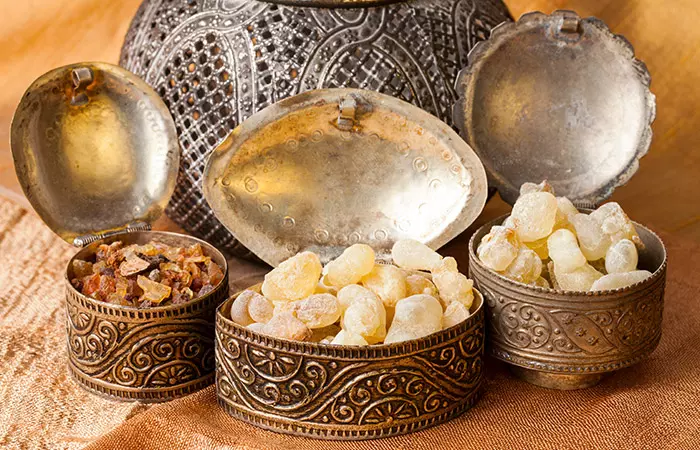
Also known as olibanum, the sacred frankincense is taken from the boswellia tree by making incisions on it. This produces the milk-colored resin which is then kept out to dry for a few days. Once it dries and turns orange-brown, you get what we know as frankincense. Frankincense has plenty of properties that are beneficial for us. They are:
- Analgesic Properties
Ancient cultures around the globe have used frankincense for thousands of years due to its medicinal properties. One of them happens to be analgesic or pain-relieving properties. A study was conducted to see the effect of frankincense extract and oils on the stomach, muscle, and arthritis pain. 300 mg/kg of both frankincense oil and frankincense extract were given to mice and their pain levels were monitored. The results showed a significant decrease in pain levels in comparison to aspirin (4).
- Antimicrobial Properties
This may not be known but frankincense also exhibits antimicrobial properties according to research. A study was conducted to examine the antibacterial activity of frankincense. The researchers created frankincense extract from trees found in Oman. They checked the Minimal Inhibitory Concentration (MIC) against gastrointestinal pathogens and bacteria. Minimal inhibitory concentration is the lowest amount of concentration of a drug that is required to stop the growth of an antimicrobial. The results showed that the extract was successful in inhibiting the growth of bacteria, thus proving the potency of the plant (5).
- Antidepressant And Antianxiety Properties
You have probably heard many people saying that essential oils are really good for reducing your stress and anxiety. Frankincense is no exception. A study was done to see the effects of frankincense extract on depression and anxiety-like behavior in rats. Fifty rats were given frankincense extract for 6 days. The results showed a decrease in depression and anxiety-like behavior in them (6). Therefore, it is one of the most effective essential oils for anxiety management. Even though this test was done on rats, researchers suggest it shows potential and has to be tested in humans.
- Immunity-boosting Properties
With COVID ravaging the world, health-conscious consumers have been looking for natural products to help in boosting the immune system. A study examined the immune system modulation properties of frankincense oil. The experiment showed a strong immunostimulant activity of the oil, suggesting that frankincense may be beneficial for boosting the immune system (7).
Here in this video, the YouTuber shares a personal journey through cancer and aromatherapy, focusing on the use of frankincense essential oil. She narrates how she incorporated frankincense into her cancer treatment, highlighting its potential benefits and the spiritual connection it fostered. She mentions, “When I had cancer three years ago, I received an email from somebody about the healing effects with cancer using frankincense. So, of course, I looked into it because I was checking things to see how they resonated with me, and the frankincense sounded wonderful.” (i)
Exhibiting interesting properties such as relieving pain and fighting against bacteria shows why people have been using frankincense for thousands of years. Check out the different health benefits of frankincense in the next section.
14 Health Benefits Of Frankincense
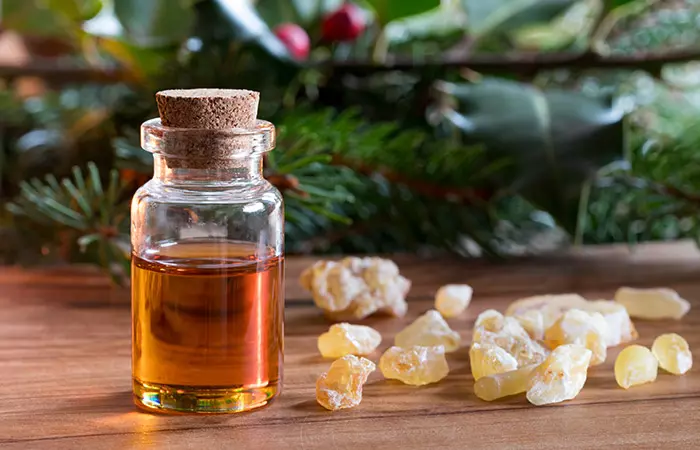
If Ayurvedic and Chinese healers have been using frankincense for thousands of years, there has to be something to it right? Let us see what modern research says about the health benefits of frankincense.
1. May Reduce Arthritis
Ayurvedic healers have used the gum resin of frankincense to treat various types of inflammatory diseases for centuries (8). A pilot study was conducted to see the safety and efficacy of frankincense extract on the symptoms of osteoarthritis. 48 patients diagnosed with osteoarthritis were administered either frankincense extract or placebo for 120 days. The researchers saw an improvement in the knee joint gap. They also observed that there was also a decrease in the levels of C-reactive protein, a marker associated with osteoarthritis of the knee (9).
2. May Improve Gut Function
Research has indicated that frankincense may help with your gut function. Researchers conducted a study to see the efficacy of frankincense along with ginger and yarrow on the severity of symptoms caused by irritable bowel syndrome. 60 patients with irritable bowel syndrome were given these three herbal medications for three months. The result showed a reduction in bloating, abdominal pain, depression, and anxiety (10). While the results are promising, more studies need to be done before a definitive answer is reached.
3. Improves Asthma
Arthritis is not the only inflammatory condition that frankincense has shown promising results in. A study was conducted to see the effect of casperome along with corticosteroids on asthma patients. 32 patients with asthma were administered 500 mg along with corticosteroids of casperome or extract made from frankincense every day for 4 weeks. The patients were also asked to keep track of the number of inhalations they took per day. After four weeks, researchers saw a decrease in the number of inhalations taken by the patients. This study shows promising results of the effect of frankincense on asthma. But more research needs to be done to substantiate this further (11).
4. Maintains Oral Health
The king of oils is said to help prevent gum diseases and maintain oral health. A study was done to see the effect of frankincense on gingivitis. Gingivitis is a medical condition that causes irritation and swelling of the base of your gum called gingiva. 0.1 gram of frankincense extract or 0.2 gram of frankincense powder or placebo was given to seventy patients between the age of 15 to 18 years old who were diagnosed with gingivitis. The results showed a decrease in the symptoms of gingivitis, hence showing that frankincense may be used as a remedy for oral conditions (12).
5. May Have Anticancer Properties
Frankincense may have properties that can help fight cancer. A test-tube study was conducted to see the effect of frankincense and myrrh on cancer cells such as breast cancer cells, tumor cells, etc. The researchers found that the cancer cells showed an increased sensitivity to both plants and high anticancer properties (13 ). This study shows a lot of promise but more research needs to be conducted on humans to solidify this fact.
6. Helps Prevent Diabetes
WHO estimated that 422 million people across the globe were diagnosed with diabetes in 2014, a marked increase from 108 million people in 1980 (14). One study was done to see the effect of frankincense gum resin on the blood glucose levels and lipid profile of fifty-six diabetic patients. The gum resin was administered twice daily for eight weeks along with their standard antidiabetic treatments. The researchers saw a significant decrease in blood glucose levels (15). Another study was done to examine the antidiabetic effect of Boswellia Serrata or frankincense extract on female diabetic rats. Administering 200, 400, and 600 mg/kg doses of boswellia extract for seventeen days saw a decrease in the blood glucose levels (16 ).
7. Promotes Smooth Skin
In recent times, frankincense has been touted as a remedy for smooth skin. A study was done to see the effect of frankincense essential oil on human skin. The results were promising as the researchers saw that the oil exhibited anti-inflammatory and tissue remodeling properties in the skin (17). Even though research in this area is scarce, advocates say that it can help in providing lipids that help slow down the aging process.
8. Prevents Heart Disease
While there is limited research in this field, a research study was conducted to test the cardioprotective and antioxidant properties of frankincense. The result suggests that frankincense exhibits mild cardioprotective and antioxidant properties, warranting a more detailed investigation of the same (18 ).
9. May Improve Sleep Patterns
The effects of frankincense on sleep patterns have not been investigated sufficiently and do not have many studies that support this. One study was done where the effect of frankincense essential oil on stressed rats was examined. The experts saw a reduction in oxidative stress levels as well as decreased levels in non-rapid eye movement sleep (6). This research suggests that decreased levels of oxidative stress may help in relieving sleeplessness, but sufficient research studies on humans need to be done.
 Quick Tip
Quick Tip10. Improves Memory
Mostly done in rats, studies have shown that frankincense may improve your memory. A study was conducted to see the effect of frankincense on rats with Alzheimer’s. The results showed that there was a slight improvement in memory (19). But more studies have to be done to support this.
11. Enhances Fertility
Frankincense has been used by the people of Jordan as an aphrodisiac and an agent for fertility. A study was conducted by researchers at the Jasrah University, Jordan to see the effect of frankincense on the reproductive system of male rats. Administering doses of 250mg/kg and 500 mg/kg body weight to male rats for 60 days saw an improvement in fertility. Along with this, the researchers observed an increase in sperm motility and sperm density levels in rats (20).
12. Helps With Digestive Problems
Research was conducted to see the efficacy and safety of frankincense supplements on patients with a mild form of irritable bowel syndrome. While 34 subjects were given standard medications for abdominal pain, the rest 35 were given frankincense supplements for 6 months. The results showed that the group given frankincense supplements showed a slight decrease in self-assessed symptoms and a lesser need for standard medications. Thus showing positive results when it comes to irritable bowel syndrome and frankincense (21).
13. Helps With Ulcerative Colitis
Ulcerative colitis is a medical condition characterized by the formation of ulcers (sores) on the colon. Studies have been optimistic in relation to frankincense and ulcerative colitis. A study tested the effect of Boswellia Serrata gum resin on patients with ulcerative colitis. The patients were given 350 mg thrice for 6 weeks and their symptoms were monitored. The results showed that the patients showed improvement in their symptoms, out of which 82% of the patients went into remission (22 ).
14. May Help With Heavy Menstrual Bleeding
If you experience heavy menstrual bleeding every month and are looking for a natural alternative, frankincense might be what you’re looking for. A study was done to see the effect of frankincense and ginger on heavy menstrual bleeding. Women with heavy menstrual bleeding were given ibuprofen and either frankincense or ginger or a placebo for seven days of the menstrual cycle. The results showed a decrease in bleeding during the menstrual cycle (23 ). While the results are promising, more studies need to be conducted.
 Did You Know?
Did You Know?After reading through the above section, you can see why frankincense is dubbed “The Liquid Gold”. Fighting cancer, arthritis to playing a major role in improving symptoms of digestive conditions, the benefits of frankincense are many. But how can you add it to your daily routine? Let us find out.
How To Use Frankincense Oil?
Here are some simple ways to use this wonder oil in your everyday life:
- You may mix a few drops of the oil with a carrier oil for a relaxing massage that can help you unwind at the end of a stressful day.
- Add 1-2 drops of the oil to your moisturizer and use it before bedtime to reduce the appearance of fine lines and wrinkles. Ensure to use a broad-spectrum sunscreen the next morning.
- For quick use, simply open the bottle of the oil and take a few deep breaths to inhale it directly to relax your nerves.
- You may add a few drops of it to your bath for a soothing and stress-relieving experience.
Like any essential oil, this one too, has its own set of cons. Let us have a look at some of the possible side effects that can arise from frankincense.
Possible Side Effects
Like everything on this earth, frankincense has its pros and cons. While research does not have many studies that support the claim that frankincense is unsafe, one literature review shows that frankincense along with other medicinal herbs may interact with blood thinners such as warfarin and may cause adverse effects (24). Apart from this, there is no known interaction of frankincense with other medications (25).
Frankincense can also cause allergic reactions. To avoid this, always patch-test it before use. Other mild side effects include symptoms like nausea, diarrhea, and constipation (26).
It is time to understand the holistic wonders of frankincense and how it can promote our overall well-being. Watch the video for expert insights on the health benefits and versatile applications of this ancient treasure.
Summary
Traditional medicines have used frankincense to treat chronic disorders. Frankincense benefits can be attributed to its bioactive compounds. It has natural pain-relieving and antimicrobial properties. Frankincense is also good for your mental health as it acts as an antidepressant and soothes anxiety. It also induces sleep and boosts cognitive function and memory. In addition, frankincense promotes heart, gut, and oral health. However, excess use may interfere with blood thinners like warfarin. If you experience any adverse effects, limit its use and seek medical advice.
Frequently Asked Questions
Is frankincense good for sinuses?
Yes. Frankincense is effective in the treatment of sinusitis, bronchitis, and asthma (27). Also, it helps treat cough and wheezing.
Can you put frankincense in your belly button?
Yes. Anecdotal evidence suggests that applying essential oils like frankincense to your belly button may help reduce stomach and abdominal pain. However, limited research is available in this regard.
Personal Experience: Source
StyleCraze's articles are interwoven with authentic personal narratives that provide depth and resonance to our content. Below are the sources of the personal accounts referenced in this article.
(i) Frankincense My experience using Essential Oil as I was going through cancerhttps://www.youtube.com/watch?v=Llm-Oo-8RJE
References
Articles on StyleCraze are backed by verified information from peer-reviewed and academic research papers, reputed organizations, research institutions, and medical associations to ensure accuracy and relevance. Read our editorial policy to learn more.
- Frankincense: Systematic Review
https://www.bmj.com/content/337/bmj.a2813 - Frankincense (乳香 Rǔ Xiāng; Boswellia Species): From the Selection of Traditional Applications to the Novel Phytotherapy for the Prevention and Treatment of Serious Diseases
https://www.sciencedirect.com/science/article/pii/S2225411016301961 - Seeing the Unseen of the Combination of Two Natural Resins, Frankincense and Myrrh: Changes in Chemical Constituents and Pharmacological Activities
https://www.ncbi.nlm.nih.gov/pmc/articles/PMC6749531/ - Analgesic Effects of Crude Extracts and Fractions of Omani Frankincense Obtained from Traditional Medicinal Plant Boswellia Sacra on Animal Models
https://pubmed.ncbi.nlm.nih.gov/25312172/ - Chemical Composition, Antibacterial Activity, and Antibiotic Potentiation of Boswellia Sacra Flueck. Oleoresin Extracts from the Dhofar Region of Oman
https://pubmed.ncbi.nlm.nih.gov/34122610/ - The Effects of Frankincense Essential Oil on Stress in Rats
https://pubmed.ncbi.nlm.nih.gov/31582666/ - Chemistry and Immunomodulatory Activity of Frankincense Oil
https://pubmed.ncbi.nlm.nih.gov/12710734/ - Boswellic Acids (Components of Frankincense) as the Active Principle in Treatment of Chronic Inflammatory Diseases
https://pubmed.ncbi.nlm.nih.gov/12244881/ - A Pilot, Randomized, Double-blind, Placebo-controlled Trial to Assess the Safety and Efficacy of a Novel Boswellia Serrata Extract in the Management of Osteoarthritis of the Knee
https://onlinelibrary.wiley.com/doi/full/10.1002/ptr.6338 - Evaluating the Efficacy of Mixture of Boswellia Carterii, Zingiber Officinale, and Achillea Millefolium on Severity of Symptoms, Anxiety, and Depression in Irritable Bowel Syndrome Patients
https://www.ncbi.nlm.nih.gov/pmc/articles/PMC5721494/ - Functional Study on Boswellia Phytosome as Complementary Intervention in Asthmatic Patients
https://www.researchgate.net/profile/Francesco-Di-Pierro/publication/287279226_Functional_study_on_Boswellia_phytosome_as_complementary_intervention_in_asthmatic_patients/links/5e75e58f4585157b9a4e0e42/Functional-study-on-Boswellia-phytosome-as-complementary-intervention-in-asthmatic-patients.pdf - The Effect of Frankincense in the Treatment of Moderate Plaque-induced Gingivitis: a Double-blinded Randomized Clinical Trial
https://www.ncbi.nlm.nih.gov/pmc/articles/PMC3304380/ - Composition and Potential Anticancer Activities of Essential Oils Obtained from Myrrh and Frankincense
https://pubmed.ncbi.nlm.nih.gov/24137478/ - Diabetes
https://www.who.int/news-room/fact-sheets/detail/diabetes - The Effects of Boswellia Serrata Gum Resin on the Blood Glucose and Lipid Profile of Diabetic Patients: A Double-Blind Randomized Placebo-Controlled Clinical Trial
https://www.ncbi.nlm.nih.gov/pmc/articles/PMC5960856/ - The Antioxidant Capacity and Anti-diabetic Effect of Boswellia serrata Triana and Planch Aqueous Extract in Fertile Female Diabetic Rats and the Possible Effects on Reproduction and Histological Changes in the Liver and Kidneys
https://www.ncbi.nlm.nih.gov/pmc/articles/PMC3941871/ - Biological Activities of Frankincense Essential Oil in Human Dermal Fibroblasts
https://www.ncbi.nlm.nih.gov/pmc/articles/PMC5801908/ - Cardioprotective and Antioxidant Effects of Oleogum Resin “Olibanum “from Bos Boswellia carteri Birdw. (Bursearceae)
https://pubmed.ncbi.nlm.nih.gov/24856757/ - Therapeutic Effect of Frankincense in a Rat Model of Alzheimer’s Disease
https://www.ncbi.nlm.nih.gov/pmc/articles/PMC4967843/ - Effect of Frankincense (Boswellia Thurifera) on Reproductive System in Adult Male Rat
https://www.jstage.jst.go.jp/article/jhs/53/4/53_4_365/_pdf - Oral Administration of a Lecithin-based Delivery Form of Boswellic Acids (Casperome®) for the Prevention of Symptoms of Irritable Bowel Syndrome: a Randomized Clinical Study
https://pubmed.ncbi.nlm.nih.gov/30676012/ - Effects of Boswellia Serrata Gum Resin in Patients with Ulcerative Colitis
https://pubmed.ncbi.nlm.nih.gov/9049593/ - The Effect of Frankincense (Boswellia Serrata, Oleoresin) and Ginger (Zingiber Officinale, Rhizoma) on Heavy Menstrual Bleeding: A Randomized, Placebo-controlled, Clinical Trial
https://pubmed.ncbi.nlm.nih.gov/30670277/ - Warfarin Interactions with Medicinal Herbs
https://journals.sagepub.com/doi/10.1177/1934578X1400900835 - Effect of 4 weeks of frankincense consumption on explicit motor memory and serum BDNF in elderly men
https://pmc.ncbi.nlm.nih.gov/articles/PMC7018390/ - Boswellia Serrata
https://www.ncbi.nlm.nih.gov/books/NBK563692/ - Frankincense
https://www.sciencedirect.com/topics/neuroscience/frankincense
Read full bio of Ella Davar
Read full bio of Varsha Patnaik
Read full bio of Ravi Teja Tadimalla
Read full bio of Moksha Gandhi







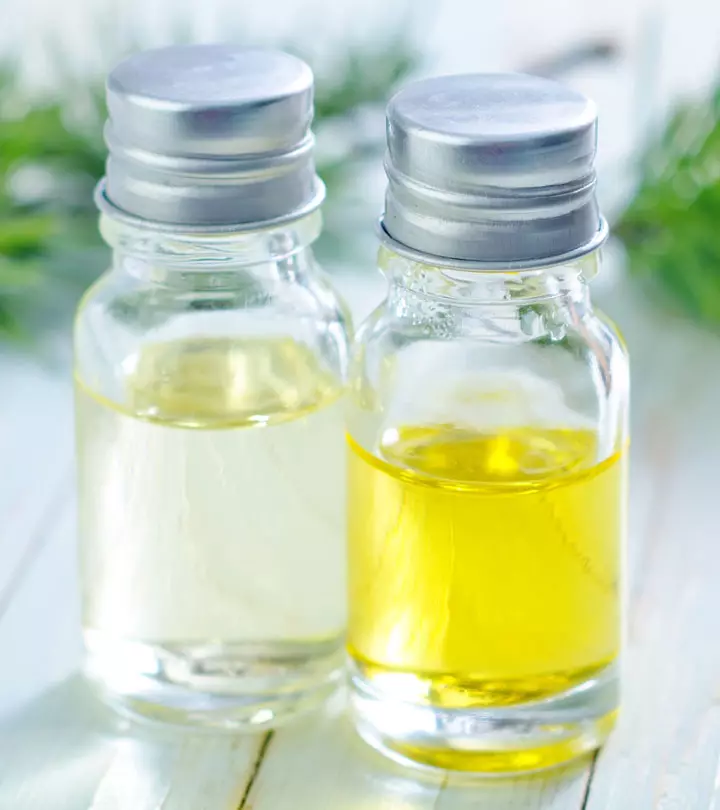
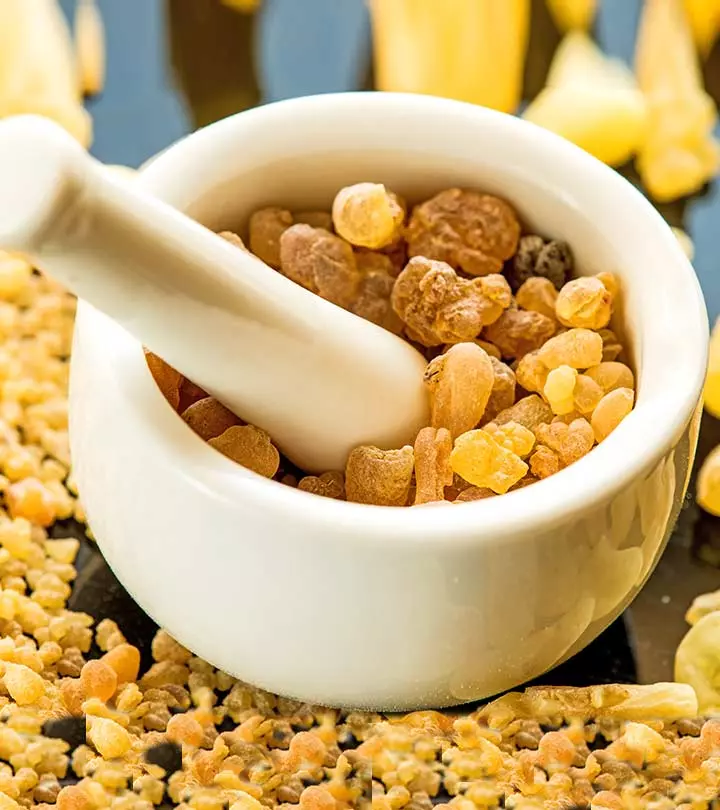
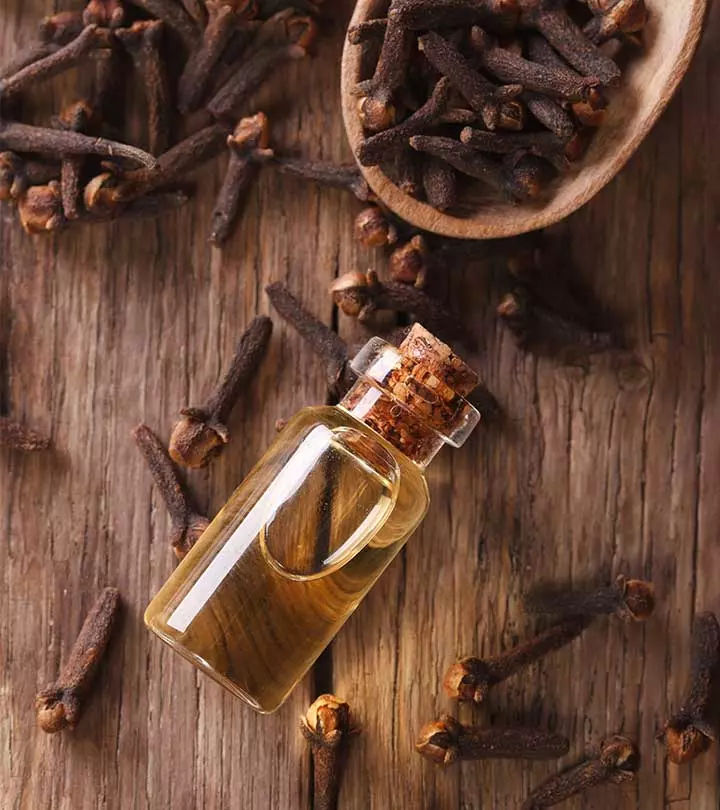
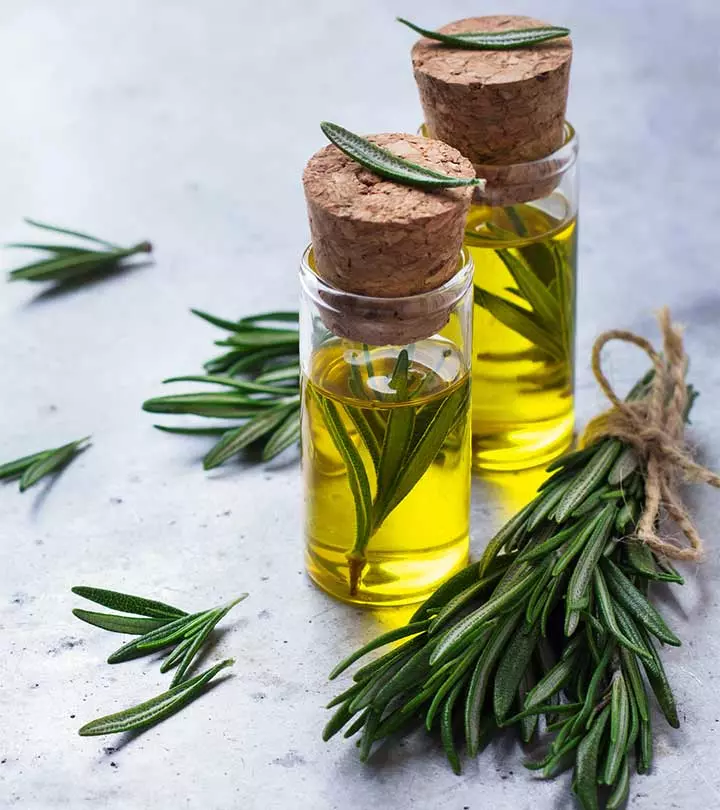

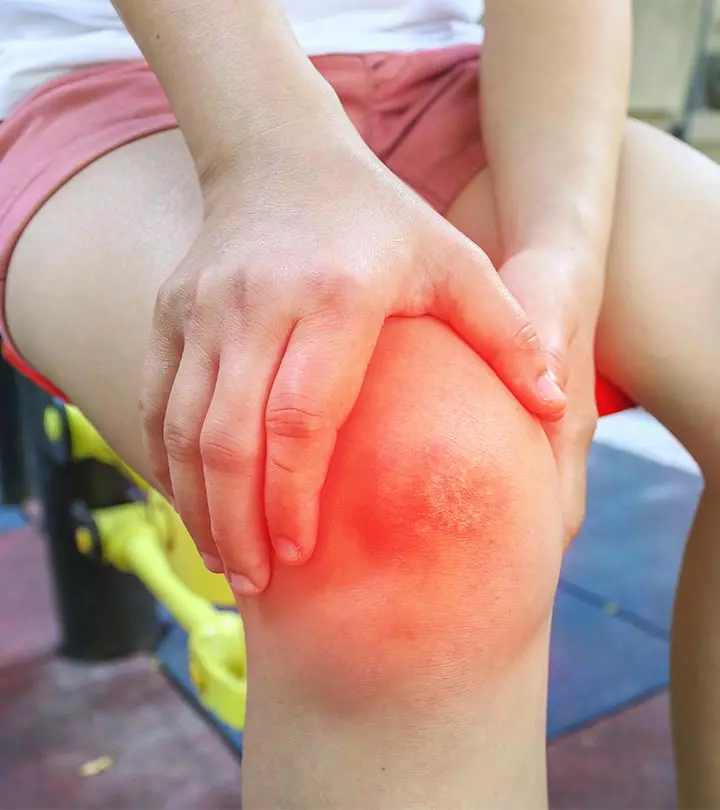
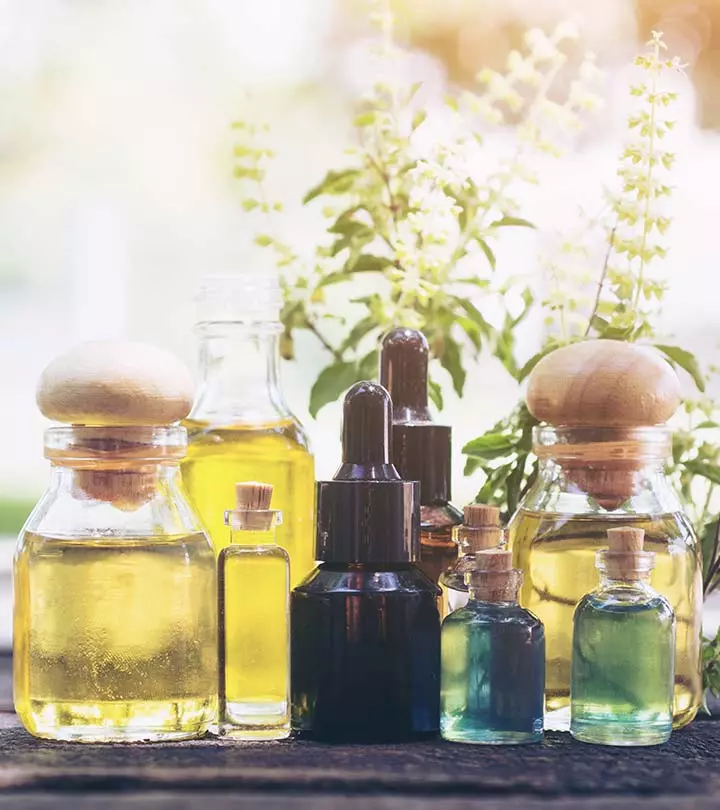
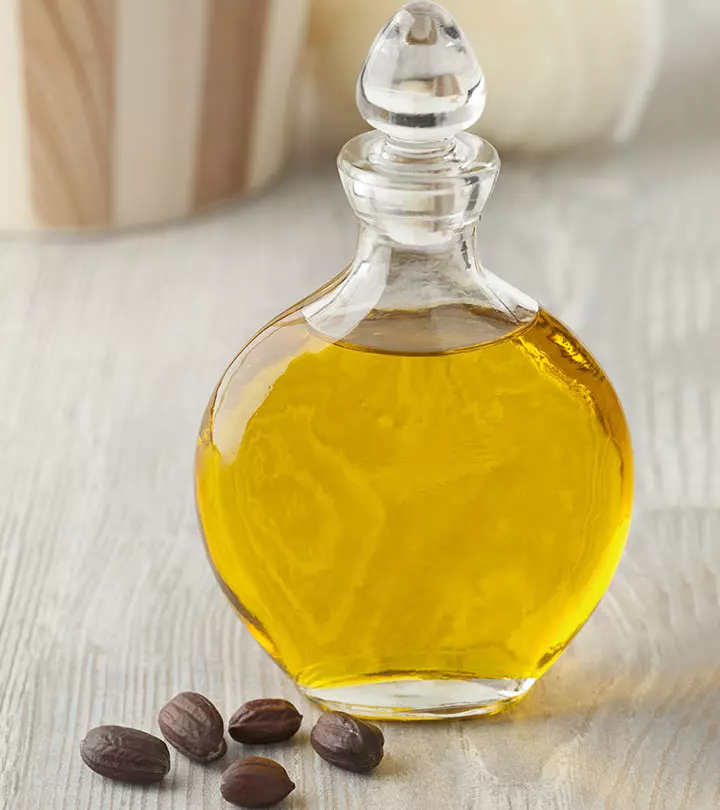

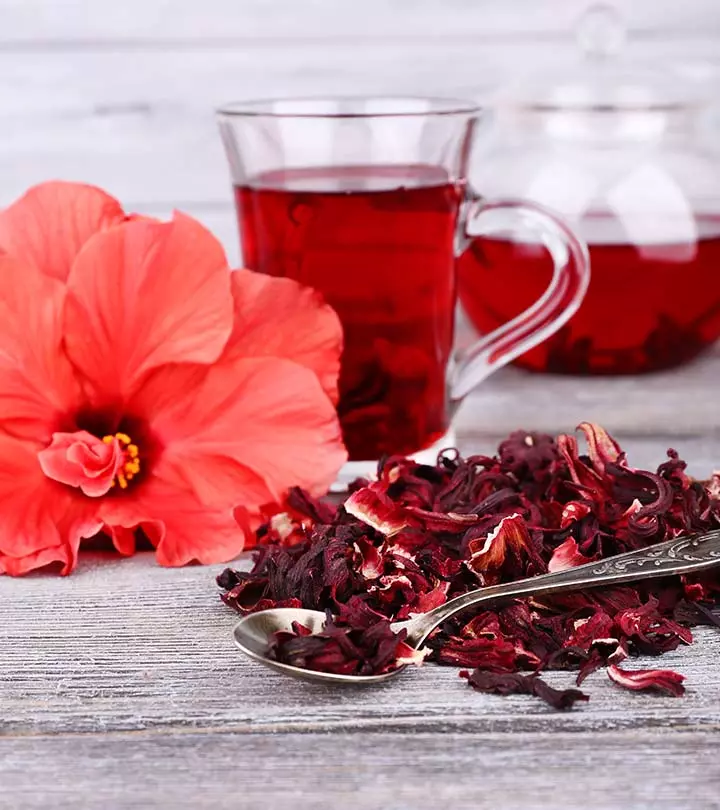

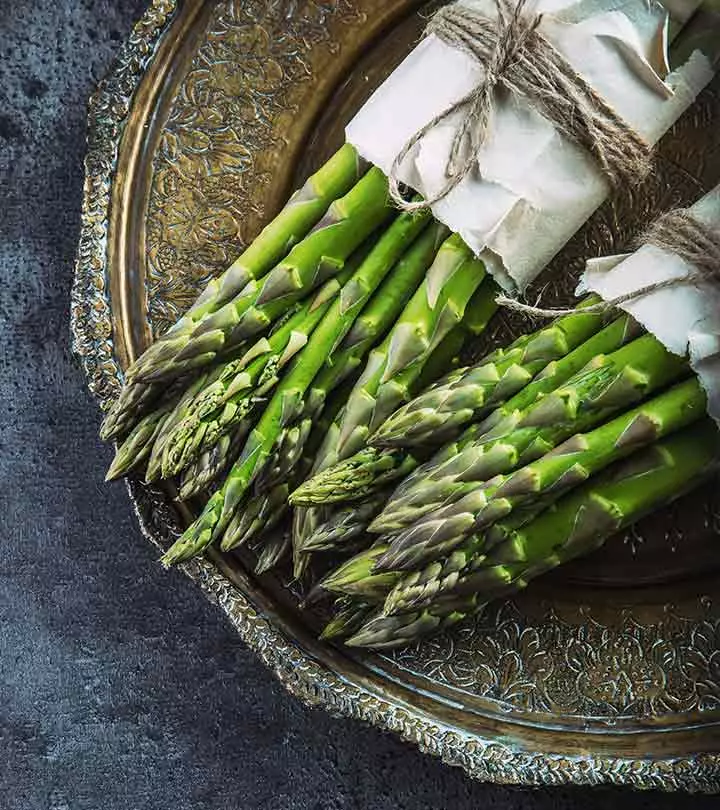
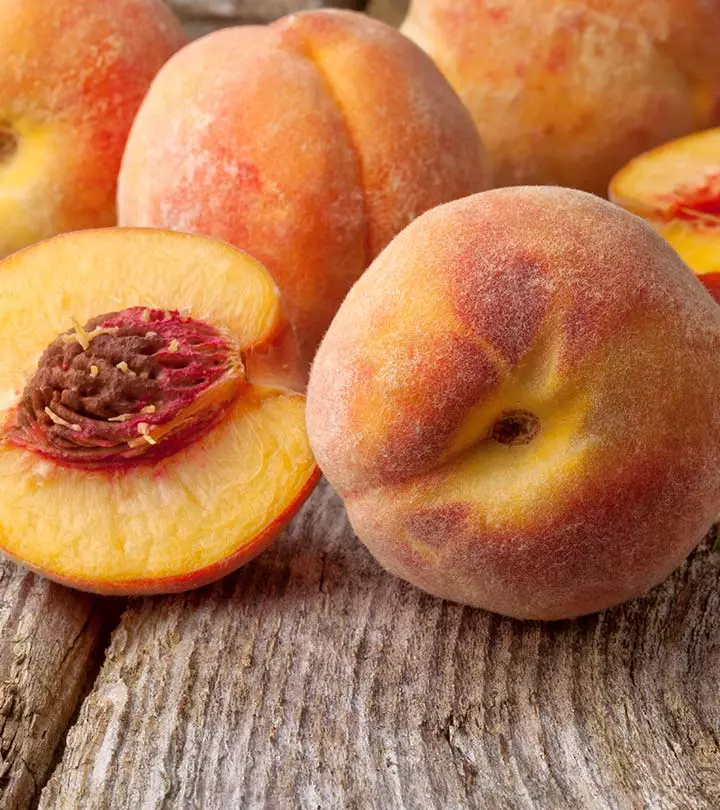
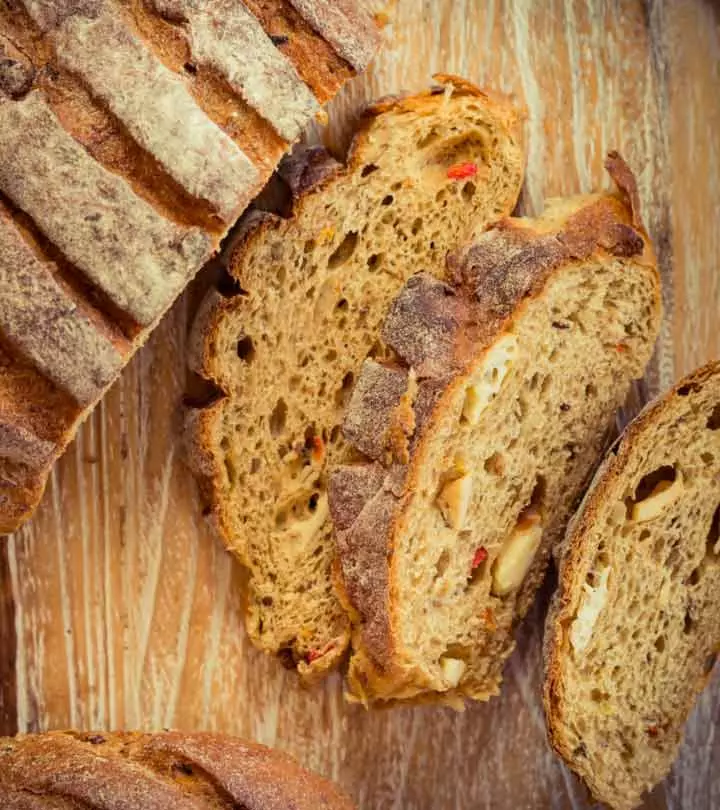

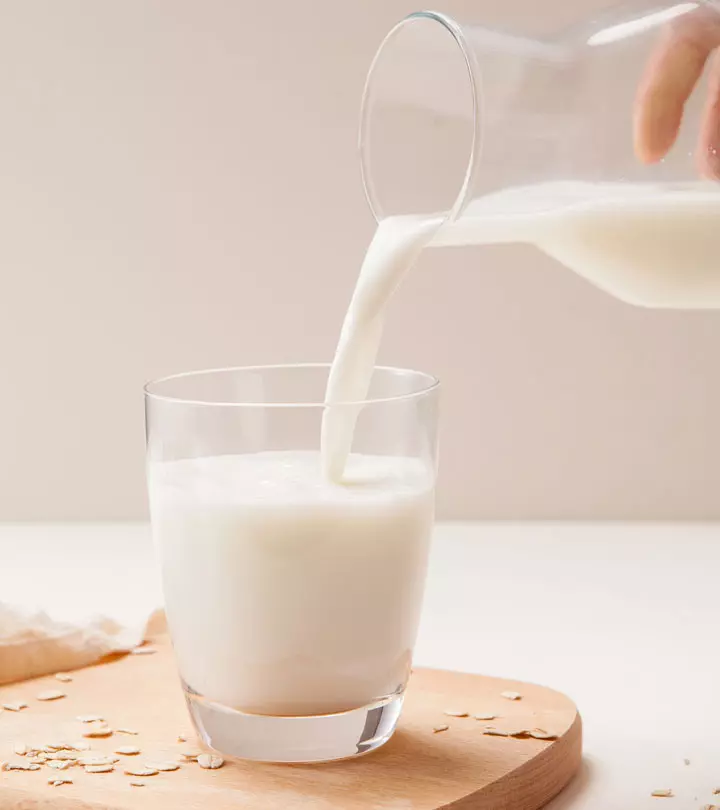
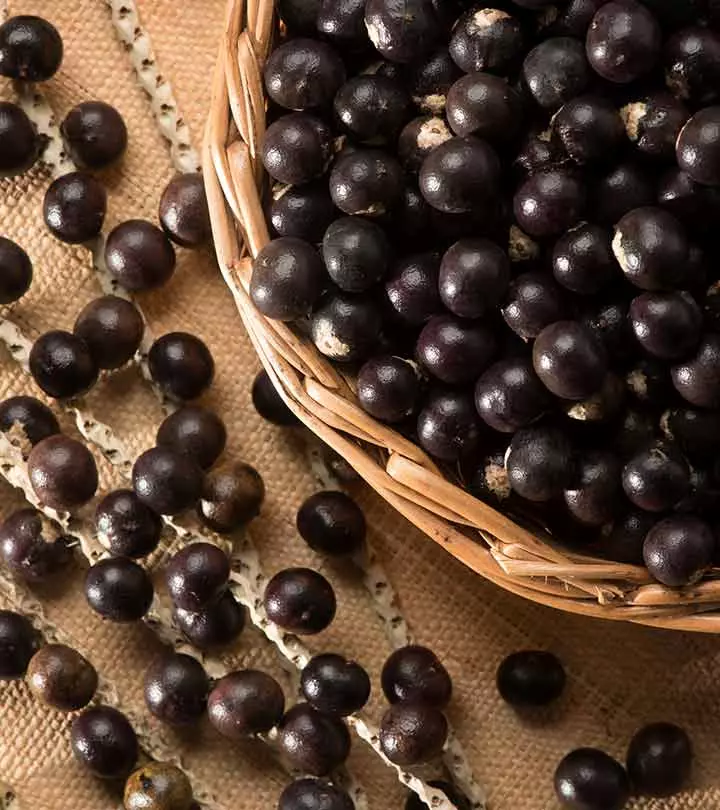

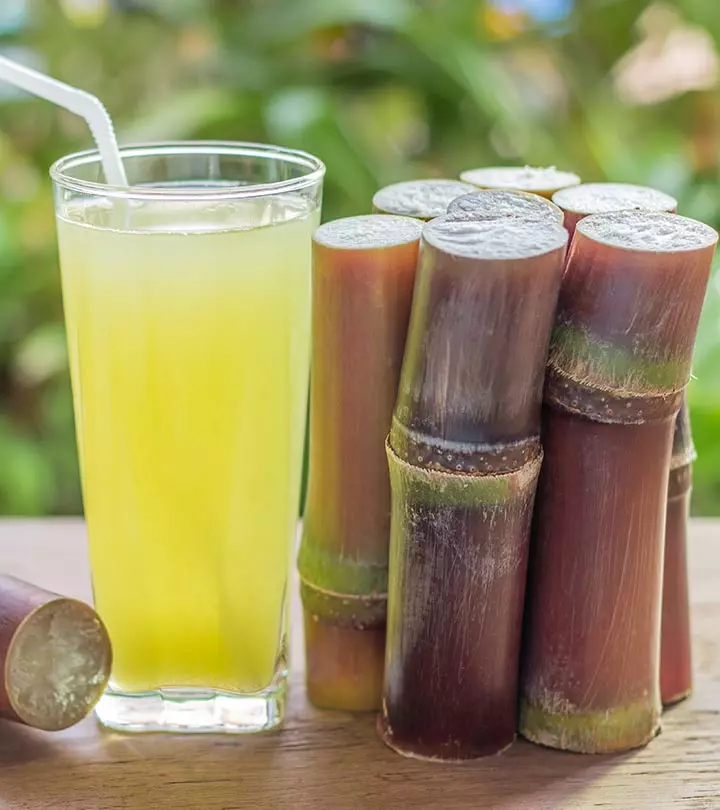
Community Experiences
Join the conversation and become a part of our empowering community! Share your stories, experiences, and insights to connect with other beauty, lifestyle, and health enthusiasts.